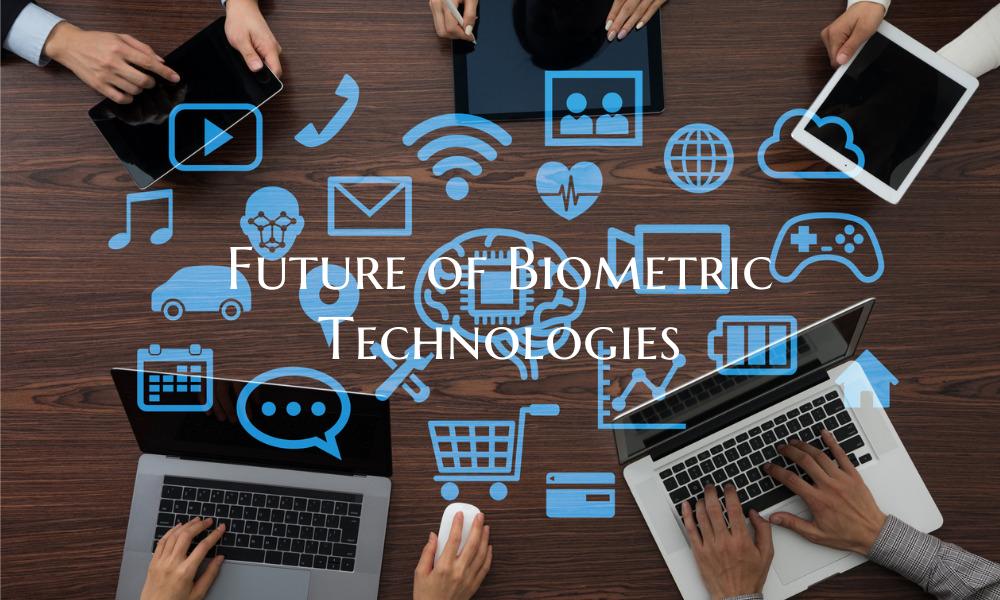Future of Biometric Technologies
In recent years, biometric technologies have revolutionized the way we authenticate our identities and interact with a variety of devices and systems. From unlocking our smartphones with fingerprint recognition to using facial recognition for secure access control, the applications of biometrics continue to expand rapidly. As we look to the future, the potential for biometric technologies is limitless, promising increased convenience, security, and efficiency across various industries.
One key area where biometric technologies are poised to make a significant impact is in the realm of digital payment systems. With the rise of contactless payments and digital wallets, biometric authentication methods such as fingerprint scanning and facial recognition are becoming increasingly popular for confirming transactions securely and seamlessly. In the future, we can expect to see even more sophisticated biometric payment solutions that offer heightened levels of security and user convenience.
Additionally, biometric technologies hold great promise for enhancing cybersecurity measures. Traditional password-based authentication methods are vulnerable to hacking and data breaches, but biometrics offer a more secure alternative. As advancements in biometric recognition continue to improve accuracy and reliability, we can anticipate a shift towards biometric-based authentication for safeguarding sensitive information and preventing unauthorized access to digital systems and networks.
Moreover, the integration of biometric technologies into healthcare systems presents exciting prospects for improving patient care and medical outcomes. Biometric data can be used for patient identification, monitoring vital signs, and tracking health metrics in real-time. By leveraging biometrics, healthcare providers can streamline processes, enhance diagnostic accuracy, and personalize treatment plans based on individual physiological data.
In the realm of transportation and travel, biometric technologies are already playing a significant role in streamlining passenger experiences. Biometric scanners at airports and border crossings are enabling expedited security checks and border control procedures, reducing wait times and enhancing overall travel efficiency. Looking ahead, the adoption of biometric technologies in transportation is likely to increase, offering passengers a seamless and secure journey from booking to arrival.
Overall, the future of biometric technologies is promising, with continued advancements driving innovation and transforming the way we interact with technology and conduct daily activities. As we embrace the potential of biometrics across various sectors, we can look forward to a future where convenience, security, and efficiency converge to enhance our lives in meaningful ways.

